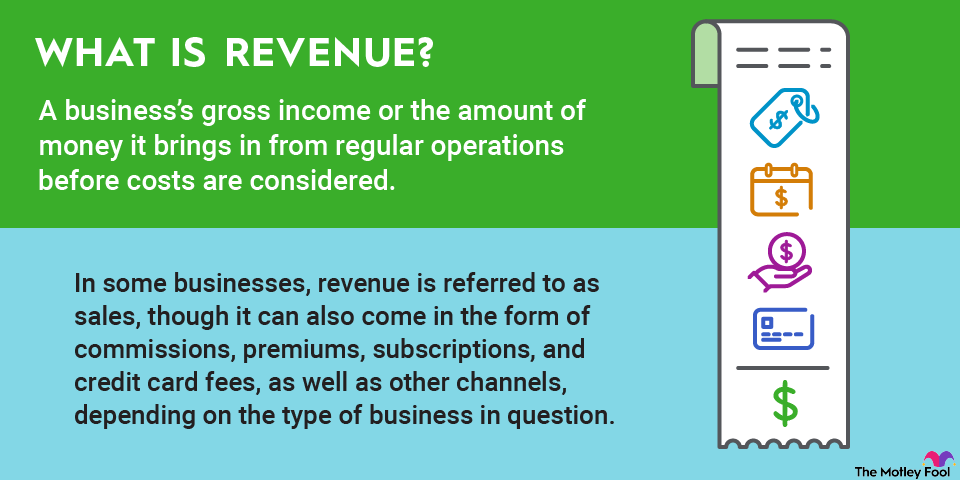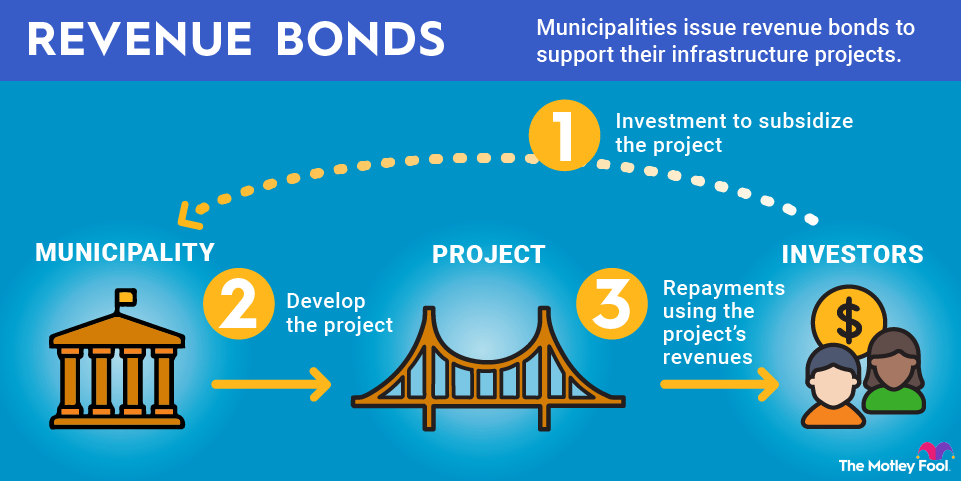If you’ve ever considered investing in real estate, you’ve probably heard the term “real property.” Real property is land, plus anything growing on it, attached to it, or built on it. However, it doesn’t include personal property, such as furniture, that can easily be removed from the land.

What is real property?
The terms “real property” and “real estate” are often used interchangeably, but they have slightly different meanings. Real estate is land plus any man-made attachments, like buildings, sewers, and roads, as well as naturally occurring objects, like lakes, trees, and mineral deposits. (Man-made objects are known as improvements; vacant land is considered unimproved land.)
Real property consists of the real estate plus the rights attached to that property. Real property is an important concept to real estate investors because it’s what gives you the right to own, use, lease, and sell the property in the manner that you choose.
Property generally falls into one of two categories -- real property or personal property. Real property is anything that’s permanently attached to land; personal property is not. Examples of personal property include furniture, cars, jewelry, and clothing.
Real property is usually taxed by local governments, like cities, counties, and school districts.
Rights associated with real property
Real property ownership generally includes the following bundle of rights:
- Right of possession: When you buy a property and hold the title to it, you have the legal right to own it. But this right comes with several obligations: You must pay property taxes and homeowner association (HOA) fees if applicable. If you mortgage the property, your lender has a lien on the property and holds the title to it. If you fail to make payments as agreed, the lender can foreclose and take possession of the property.
- Right of control: When you buy a property, you have the right to control it. But that right is subject to additional regulations, such as zoning laws and HOA rules. For example, your city may have laws that prohibit you from operating certain types of business on your property. Your HOA may have rules that restrict how frequently you rent out your property or the types of pets you can keep.
- Right of disposition: Property ownership allows you to sell, transfer, or gift your property to someone else. You can also transfer it to someone else upon your death using a will or trust. If you finance the property with a mortgage, you must pay off the money you owe with sale proceeds to satisfy your lender’s lien on the property.
- Right of enjoyment: A property owner has the right of enjoyment, sometimes referred to as quiet enjoyment, which gives you the right to inhabit and use your property without disturbance, provided that you comply with local zoning laws and HOA restrictions. This right also protects tenants from landlord intrusions and requires that landlords provide basic necessities.
- Right of exclusion: The right of exclusion allows property owners to control who has access to their property with limited exceptions. For example, it doesn’t extend to a law enforcement officer serving you an arrest warrant. Also, utility companies are routinely given easements for property they don’t own so they can provide public services.
Related investing topics
Example of real property
Suppose you buy a home in a community that’s governed by an HOA. You’ve purchased real property. The house, garage, and driveway on your parcel are all considered real property. But the furniture, electronics, clothing, and books inside your home are personal property, along with the vehicle you park in the garage.
Because you’ve purchased real property, you have the right to possession. But with that right, you’re required to pay your mortgage and maintain insurance on the property. Otherwise, your lender can foreclose. Your local government can also place a lien on your property if you don’t pay your property taxes; so can your HOA if you don’t pay your fees.
Property Taxes
Though you have the right to control of your property, your HOA tells you that you can’t rent out your home for less than 30 days or have a pet that weighs more than 30 pounds. But as long as you follow local and HOA rules, you’re allowed the right of enjoyment, which allows you to more or less live on the property as you please. The right of exclusion allows you to remove any unwanted visitors from the property. Finally, when you decide you want to move somewhere else, the right of disposition gives you the right to sell your real property, although you have to pay off the mortgage using the money you earned from the sale.


















